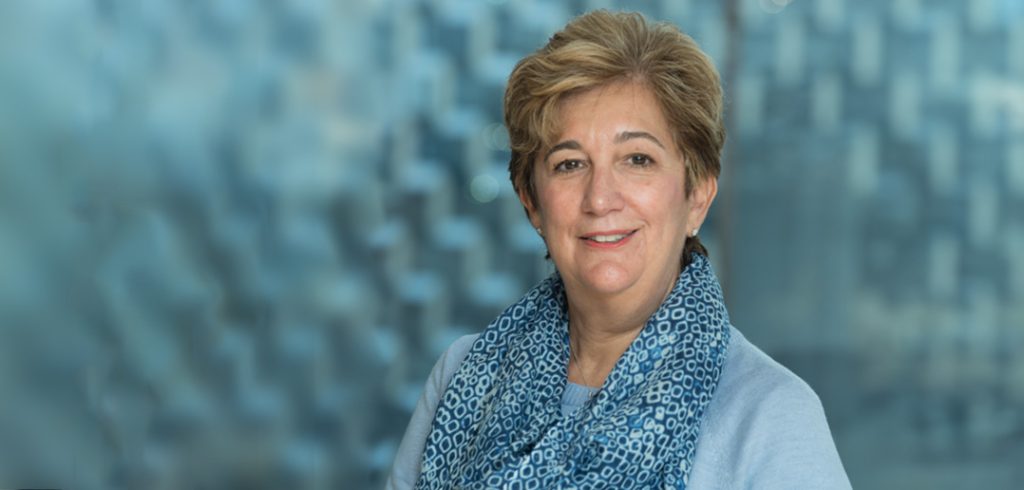When she learned about the new Fordham College Advising Center, then, she was enthusiastic. Her response? “‘This is the best thing you guys can do,’” she said.
The center has drawn funding support from several donors including Smolens since it was formally launched in fall 2022 to revamp student advising at Fordham College at Lincoln Center and Fordham College at Rose Hill.
The center provides more personalized, holistic support from professional advisers who help students complete paperwork, navigate the University, connect with services including mental health counseling, and formulate career plans—allowing faculty members to focus their energies on academic mentoring and students’ professional development.
This new system appeals to Smolens because of how it will help alleviate the anxieties of college life and bolster students’ well-being. “Having someone that’s professionally trained to help students, to deal with students, I think is very, very important,” said Smolens, a retired private equity advisor and investor and member of the Fordham University Board of Trustees. “I am 1000% behind this advising center, and I will give to it every year.”
In light of her experiences as a student, businesswoman, and parent, she has a passion for student advising and the related topic of developing one’s career—as well as the particular challenges facing women.
Tell me about someone at Fordham who made a difference for you.
My senior year, I was taking a class with William T. Hogan, S.J., “the steel priest,” who was running the Industrial Economics Research Institute. He asked me to stay at Fordham for graduate school in economics and be his graduate assistant, and that really was what made my career. I got to be on the phone with CEOs of steel companies with him, and it gave me this whole business perspective that I lacked.
What is some career advice you commonly give to students?
I’ve told my sons and their friends that sometimes your first job may not be your ideal job, but you have to look at it as a steppingstone and ask, is this going to help me do something else? In many ways, there’s no bad experience. Sometimes you don’t even know you’re getting good experience until something happens down the line and you’re like, “Oh, yeah, I know how to deal with this.”
Through your past involvement with Fordham’s Women’s Summit, you’ve helped to highlight the challenges facing women in the workplace. Do you see progress?
I was starting to see it improve, but I’m not sure it’s improving anymore. I still think there’s a different mindset for men and women. Women can advance, but you still have to work harder. I think [the Women’s Summit]is a phenomenal thing that we do at Fordham—in today’s times, for young women to see and hear the stories of successful women is really, really important.
To what extent has the #MeToo movement succeeded?
I’ve always told [people], you just have to be careful. If you give out that persona that you’re not going to take anybody’s nonsense, I think that really helps. Students have called me, asked me for my experiences, and I have talked to them, talked them through things, and I would continue to do that when asked.
How was your Fordham education uniquely valuable to you?
In my career in finance, I’ve seen some very unethical behavior. My parents taught me proper ethics, but Fordham really reinforced it. One of the biggest things you can get out of Fordham education is becoming a truly ethical person in the way you conduct your life, in business and personally.
Gifts toward the Fordham College Advising Center support student wellness and success, one of the pillars of Fordham’s $350 million fundraising campaign, Cura Personalis | For Every Fordham Student. Learn more and make a gift.

